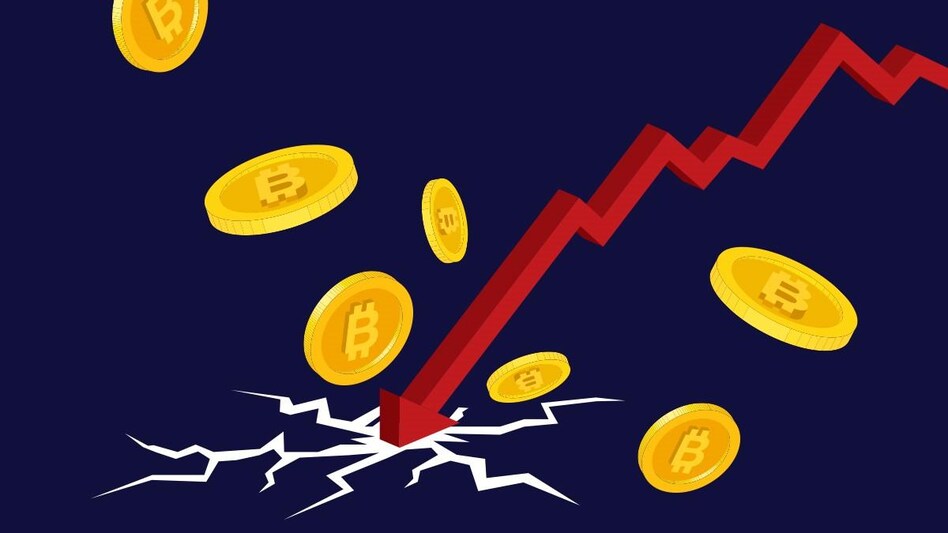In a story that serves as a stark warning to crypto traders, a multi-million-dollar Ponzi scheme in Singapore has finally come crashing down. The mastermind, Yang Bin, a 61-year-old Dutch national, was sentenced to six years in jail and fined S$16,000 (US$12,284) after orchestrating a fraudulent cryptocurrency investment scheme that duped over 700 investors into losing a staggering S$1.1 million.
Yang’s company, A&A Blockchain Innovation, appeared to be legitimate on the surface, claiming ownership of 300,000 cryptocurrency mining machines that promised investors a fixed daily return of 0.5%. Investors were told they could earn steady profits from the mining of popular cryptocurrencies like Bitcoin and Ethereum. The marketing materials, complete with professional slides and videos, convinced many traders that this was a lucrative opportunity.
However, the reality was far darker. The supposed mining machines never existed. Instead, Yang ran a classic Ponzi scheme, where he used funds from newer investors to pay returns to earlier ones. Crypto traders were led into a false sense of security, believing they were making smart, high-tech investments, when in fact, it was all smoke and mirrors.
Yang even went as far as developing an application to make the scheme look more authentic. Investors could buy tokens through the app and track their daily “returns,” which were nothing but random figures inputted by system managers to fake success. For crypto traders looking for innovative investment opportunities, this scheme seemed tailor-made – but it was a scam from start to finish.
While more than 700 investors were involved in the scheme, the case focused on 12 victims who lost S$1.1 million, highlighting the emotional and financial devastation Ponzi schemes can cause in the crypto world. Despite some investors receiving small returns, no real profits were made, and Yang did not offer any restitution.
This case underscores the risks in the crypto space, where fast returns and cutting-edge technology can blind investors to the potential dangers lurking behind some schemes. For traders, this story is a sobering reminder to always approach too-good-to-be-true promises with caution. In the highly volatile and rapidly evolving world of cryptocurrency, due diligence is not just recommended—it’s essential for survival.
Yang’s arrest also brings up the human cost of greed and deception. While his scheme was sophisticated, using a custom-built app and professional marketing, the end result was the same as every Ponzi scheme: financial ruin for the victims. Crypto traders must always be vigilant, as the lure of quick profits can sometimes mask elaborate deceptions.
Yang’s health issues and cooperation with authorities were taken into account during sentencing, but District Judge Brenda Chua was clear: this was no small-time operation. The significant amounts of money involved and the complete lack of restitution to victims made Yang’s crimes all the more severe. For those impacted, the emotional toll of losing their hard-earned money in a seemingly legitimate investment is a painful lesson in the dark side of the crypto world.
As crypto trading continues to grow, so too will the scams that prey on unsuspecting investors. This case serves as a reminder that no matter how attractive an investment might seem, traders should always investigate the details and watch for red flags. When promises of guaranteed returns sound too good to be true, they often are.



